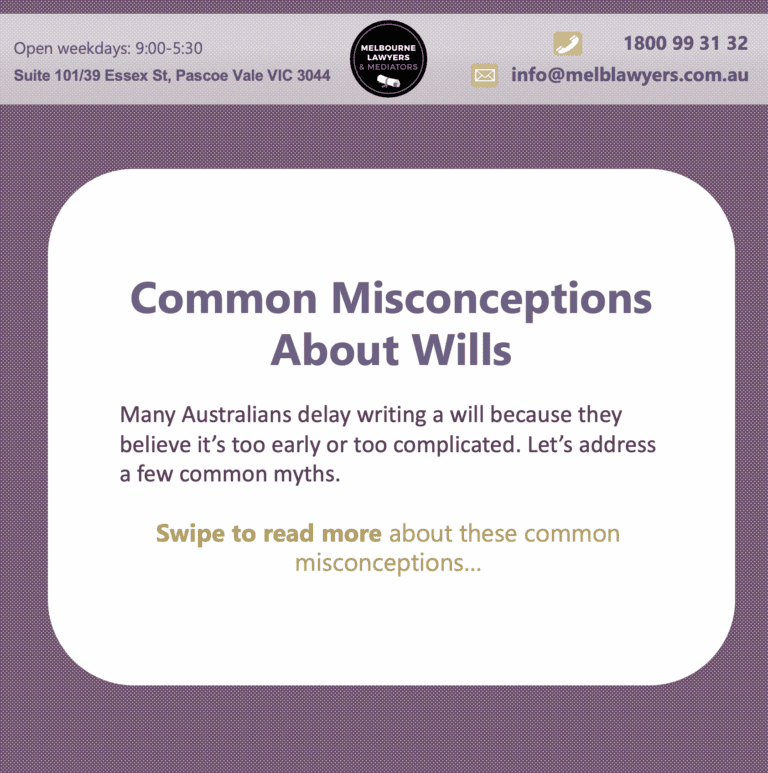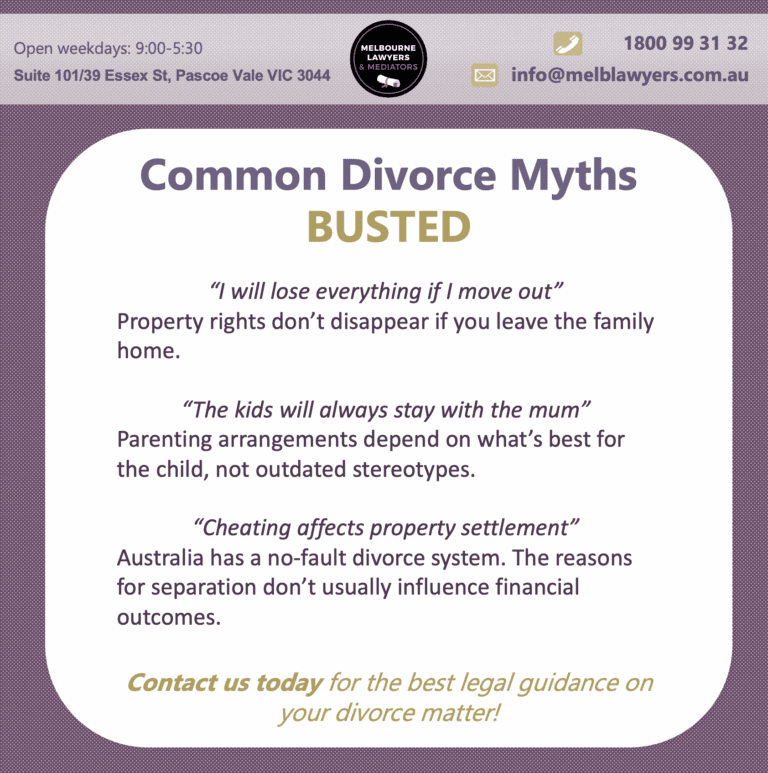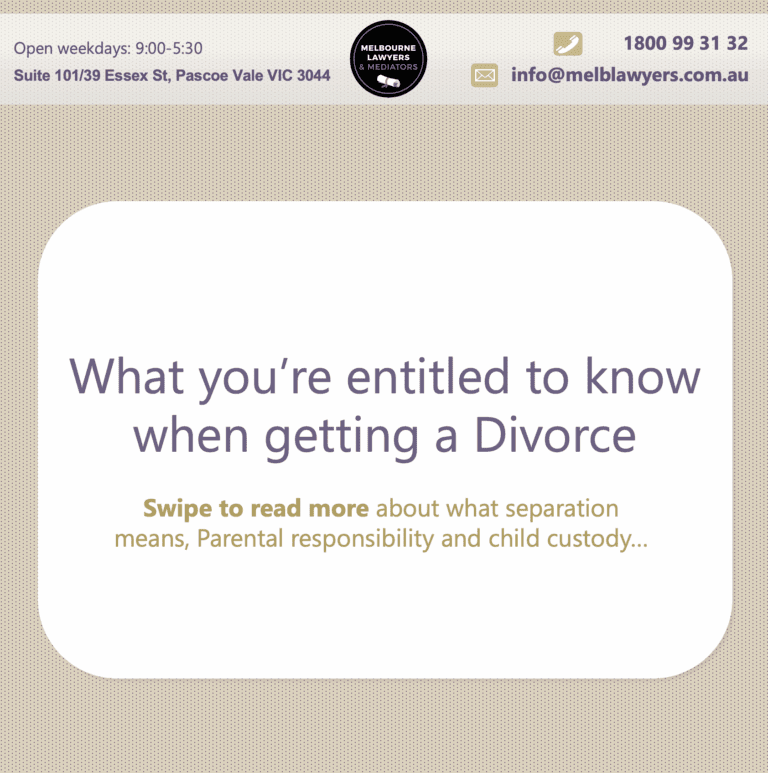Family violence affects people from all walks of life.
It can be confronting, frightening, and confusing to know what to do next.
But one thing is certain family violence is never okay.
If you or someone you know is experiencing abuse, you are not alone and there are practical steps you can take to protect your safety, your rights, and your future.
This guide explains what family violence is, how the law protects you, and what support options are available, especially during times of heightened restrictions or limited access to services.
Understanding Family Violence
Family violence doesn’t always look the same. It can be physical, emotional, psychological, financial, sexual, or even digital.
Common Forms of Family Violence
- Physical abuse: hitting, pushing, choking, or threatening physical harm.
- Emotional or psychological abuse: intimidation, humiliation, constant criticism, or isolation from friends and family.
- Financial abuse: restricting access to money, preventing someone from working, or forcing financial decisions.
- Verbal abuse: yelling, insults, threats, or degrading comments.
- Sexual abuse: any unwanted or coerced sexual activity.
- Technology-based abuse: monitoring phones, reading private messages, or tracking movement through devices.
Family violence can occur between partners, former partners, parents and children, relatives, or anyone in a domestic or intimate relationship.
Recognising the Signs Early
Sometimes the signs of family violence appear gradually. What begins as controlling behaviour or subtle manipulation can escalate over time.
Warning Signs to Look Out For
- Constant monitoring or questioning of your whereabouts
- Sudden changes in access to your own money or belongings
- Feeling unsafe or anxious at home
- Being prevented from contacting loved ones
- Unexplained injuries or frequent “accidents”
- Fear of your partner’s reaction to simple matters
- Feeling pressured to do things you’re uncomfortable with
If any of these feel familiar, it’s important to take them seriously.
Your Legal Rights and Protections
The law in Victoria recognises the seriousness of family violence and provides strong protections for those at risk.
Family Violence Intervention Orders (FVIOs)
You have the right to apply for a Family Violence Intervention Order.
An FVIO can legally prevent the person using violence from:
- contacting or approaching you
- attending your home or workplace
- committing further acts of violence
- damaging your property
- stalking or intimidating you
Breaching an FVIO is a criminal offence in Victoria, and police can act quickly.
Police Involvement
If you are in immediate danger, call 000.
Police can issue a Family Violence Safety Notice on the spot to provide immediate protection until your matter goes before the court.
Police are trained to respond to family violence situations sensitively and professionally. They can also help you gather evidence, make statements, and connect with support services.
What You Can Do If You’re Experiencing Family Violence
Reaching out for help can feel overwhelming, especially if the abuse has gone on for a long time. But taking even a small step can make a significant difference.
1. Put Your Immediate Safety First
If you’re in danger, leave the situation if you can.
If leaving is not possible, move to a room with a clear exit and avoid areas where weapons may be present.
2. Reach Out for Support
Speak to someone you trust- a friend, a colleague, a neighbour, or a support organisation.
Talking about what’s happening can help you feel less alone and more empowered.
Useful contacts include:
- 1800 RESPECT (24/7 support)
- Safe Steps (Victoria’s crisis centre)
- Lifeline (for emotional support)
3. Keep Evidence Where Possible
If it is safe to do so, keep:
- screenshots of threatening messages
- medical reports
- photos of injuries or damaged property
- written notes about incidents
- copies of bank statements showing financial control
This information may help your lawyer or the police later.
4. Get Legal Advice Early
Family violence issues often overlap with parenting disputes, property settlement, and criminal law.
Seeking legal advice from a Family Violence Lawyer Melbourne can help you understand your rights and the safest path forward.
A lawyer can:
- guide you through applying for an FVIO
- represent you at court
- help you plan for separation
- support you through parenting and custody arrangements
- advise you on any linked criminal matters
Special Considerations During Lockdowns or Restrictions
Many people face additional challenges accessing help during government-imposed restrictions, such as family violence and criminal law matters during Stage 4 restrictions.
During these periods:
- Police and courts continue to treat family violence as a priority.
- FVIO applications can still be lodged remotely.
- Support services remain available through phone, online chat, or emergency contact.
- Leaving your home to escape family violence is always permitted, no matter the restrictions in place.
If you feel trapped due to restrictions, know that the law is still on your side.
Supporting Someone Experiencing Family Violence
If someone comes to you for help, your response can make a significant difference.
Helpful Ways to Support
- Listen without judgement
- Believe their experience
- Encourage them to seek professional help
- Avoid pressuring them to leave immediately- leaving can be the most dangerous time
- Help them access support services
- Check in regularly
Your support could be the lifeline they need.
Conclusion
Family violence is a complex and deeply personal issue, but it is never acceptable and never your fault.
Whether you’re experiencing violence yourself or supporting someone who is, there are clear steps you can take to stay safe and access help.
Knowing your legal rights and options is essential. You are not expected to handle everything alone, and professional support is available whenever you’re ready.
Melbourne Lawyers & Mediators can provide guidance to help protect your safety and navigate the legal process with clarity and compassion.





